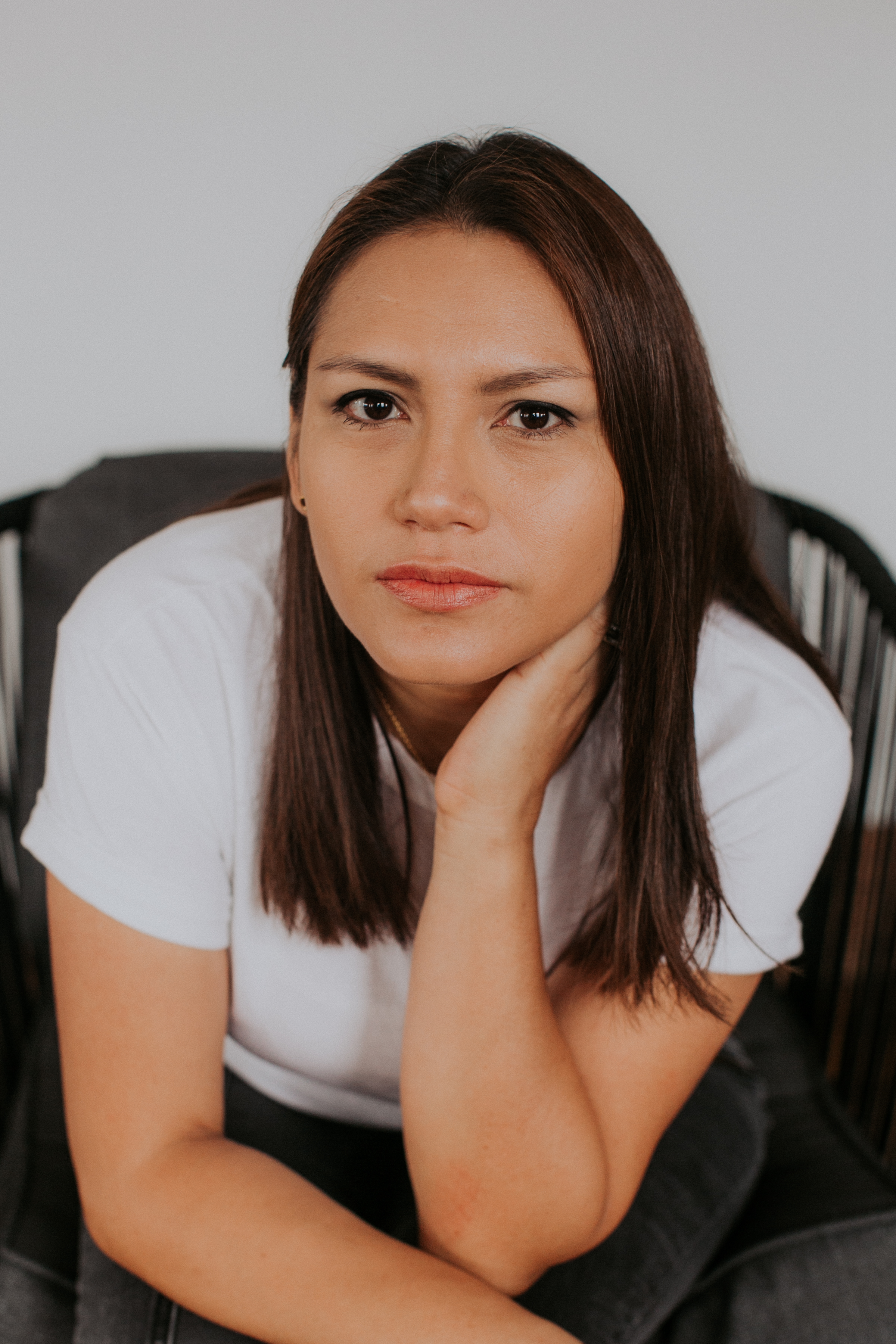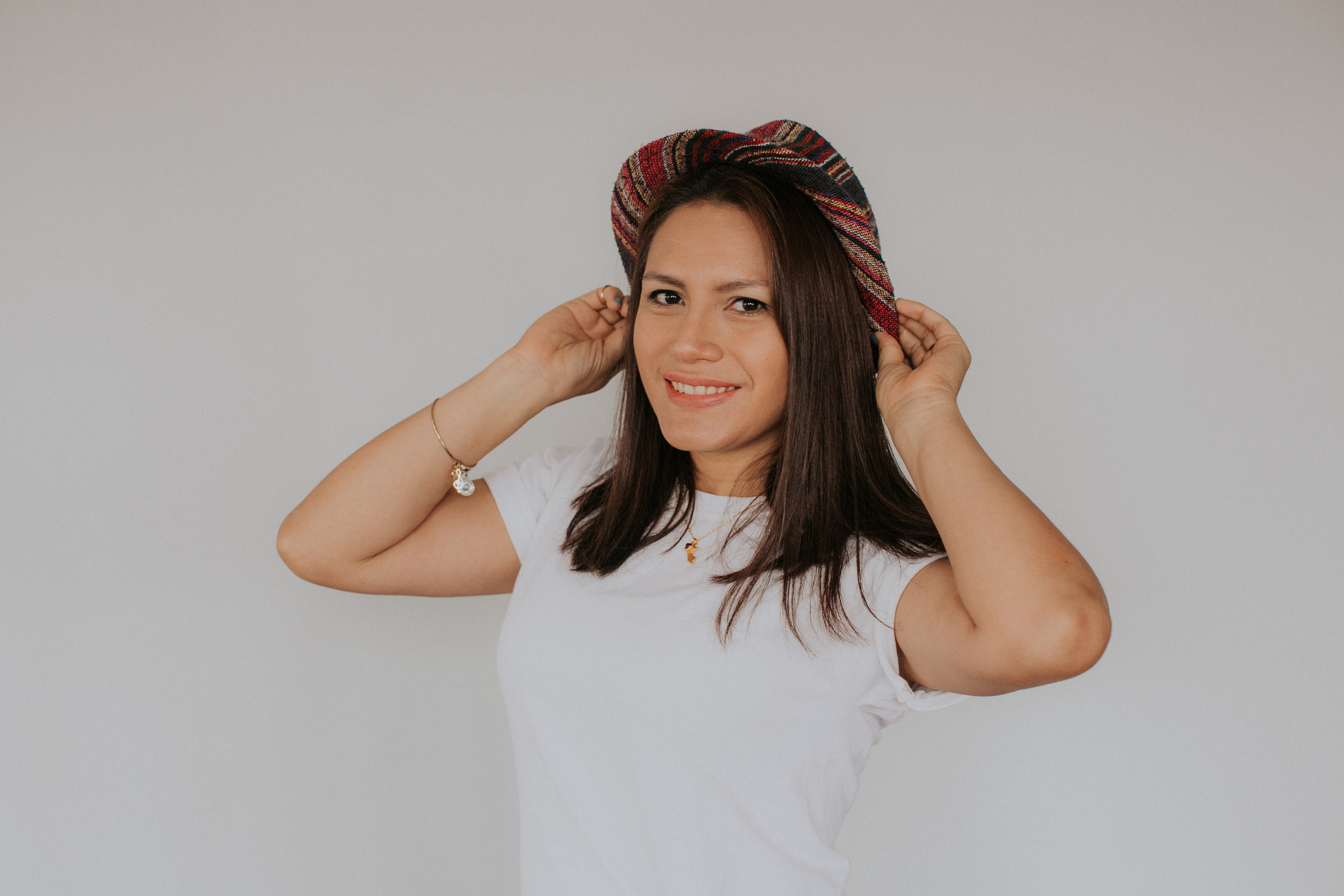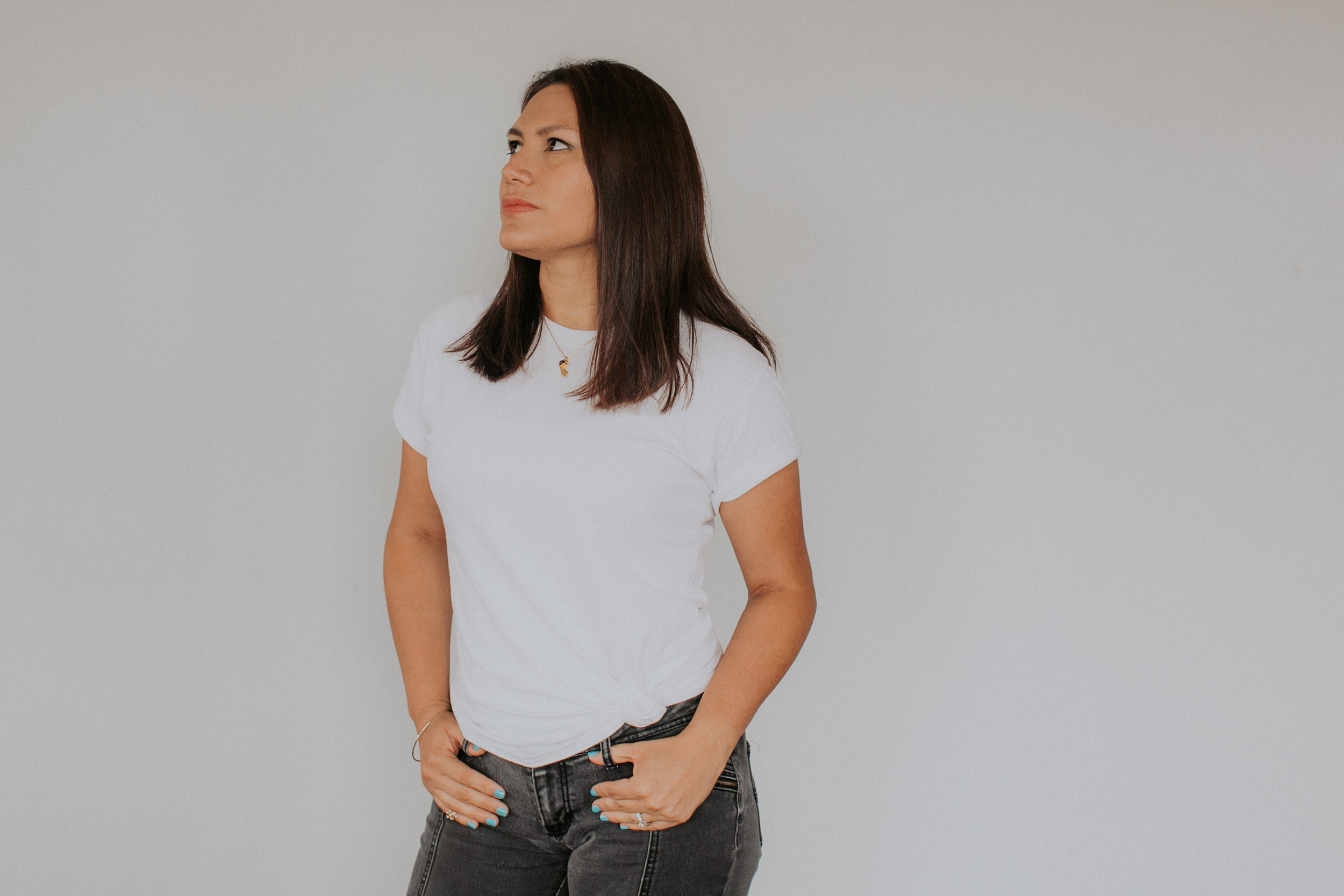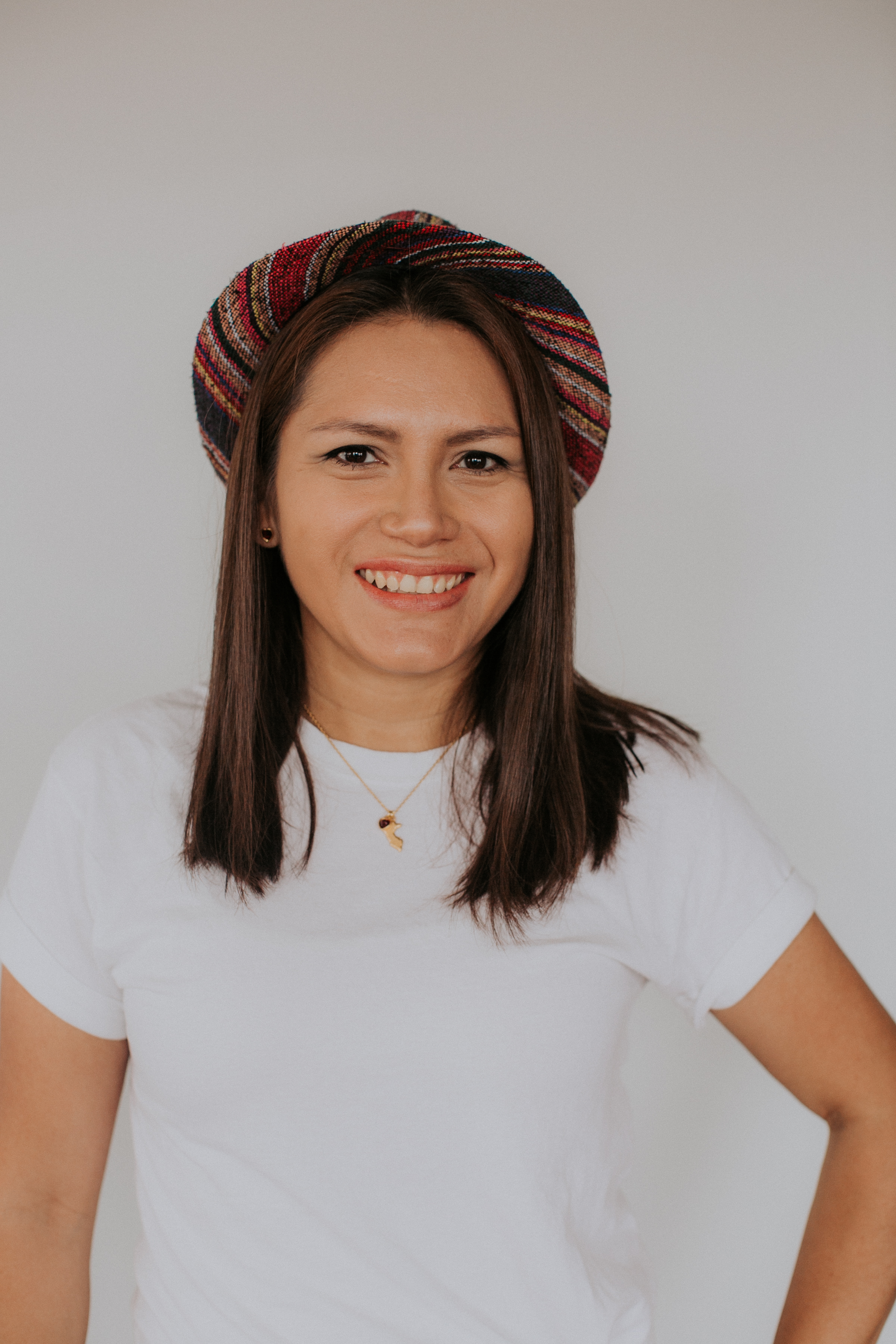Photo: Authentic Adventure Co.
What does being a Latina mean to you?:
Being a Latina means embracing my Latin American roots, representing our customs, culture and diversity proudly, never denying or neglecting its impact and influence on who I am. It means having a genuine concern for the progress of our Latin American countries, fighting for freedoms and striving to pave a way for future generations that will face common struggles, but with dignity and hope that things can change with small but solid steps forward. It’s communicating in our language, dancing to our music, enjoying our food, loving our people.
Share a struggle you have faced being a Latina.:
Being born in Peru and coming to the US as a pre-teen was a culture shock and had to push myself to learn the language and fit in. I’ve always been a go-getter and up to a certain point in my life it felt like things had come fairly easy for me. But going to school here and desiring the opportunities that of tall, beautiful, talented Caucasian girls had, I discovered I had to work twice as hard to prove myself, demonstrate my talent and cause them to even notice me. I’ve also had to shatter stereotypes of ‘peruvians’ as there isn’t a large population of us here and the only exposure most had received of Peru was a show called ‘Laura en America’ which featured Peruvians from the projects and marginalized areas of Peru, those with low resources and poor manners. It’s a version of the US’s Maury show. I’ve been working hard to give exposure to our beautiful culture, our talent and shed a new light on a South American country that’s lived in the shadows for so long.
Share something you love about being a Latina?:
This is something I’ve had to learn to embrace, but today I love that I am different, yet I can identify with different Latin American cultures easily. I don’t have a defined accent. Most say I look and talk ‘Mexican’ (of course based on their limited exposure to Peruvians) but I absolutely love ALL of our rhythms, food and customs. There is so much variety, never dull and lame.
What do you identify as?: Peruvian
Where you born in the states? If not, could you share what your experience has been being an immigrant, and the process of becoming a US citizen, resident, etc.:
My family and I traveled here in 1995 on a student visa because my parents were completing a Masters’ degree at Northern Theological Seminary. Fortunately we were also able to obtain social security cards and were fully documented. Unfortunately, the visa expired after 5 years and then I was documented but illegal. The thought of pursuing a career, going to college without being able to obtain any type of financial aid was scary and discouraging. I had been a good student, in the International Baccalaureate program, and had big dreams but absolutely no means. It wasn’t until I married my husband in 2005 that we were able to fix my status and 6 months later I was a legal resident and 3 years after that I applied for citizenship. My process was relatively easy because of the fact that we had come in legally and of course I had not had any issues with the law. I’m aware that it isn’t as smooth for the majority.
How have you been able to celebrate and honor your American nationality, while embracing your heritage and culture?:
I believe I have developed a loving and respectful relationship with Caucasian and American born citizens. I believe it all comes down to how you treat others, you will earn the same respect. It’s been mainly through music. That’s how I paved my way into people’s hearts since I came here. Singing is how I made new friends and made others smile. My husband and I frequently serve at several Caucasian churches through music and we’ve seen that Music is what really crosses all boundaries and brings people together. I learned to lead worship and minister in English as a young adult and that has opened so many doors for us.
Do you speak spanish?: Yes, fluently.
Have you experienced colorism, or not being fully accepted by your community?: Not necessarily.







